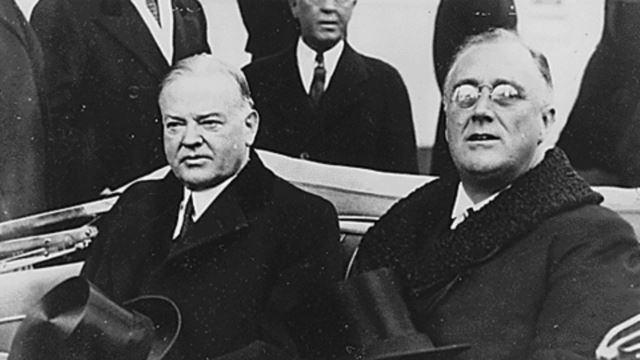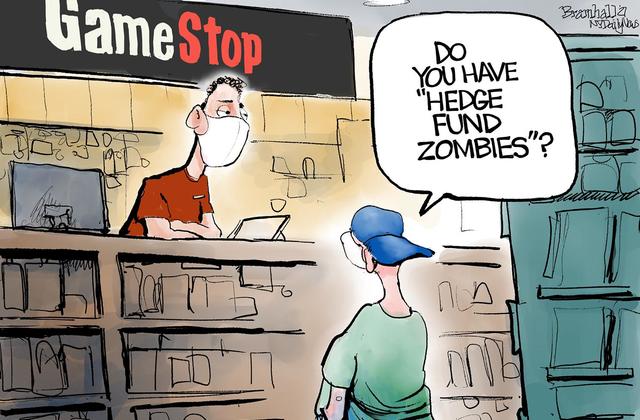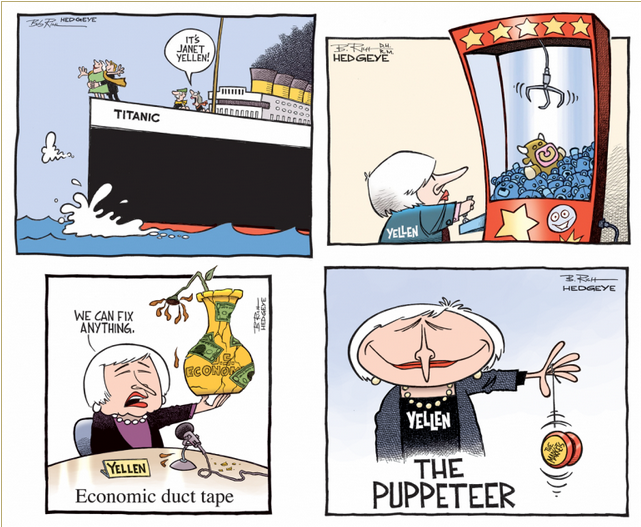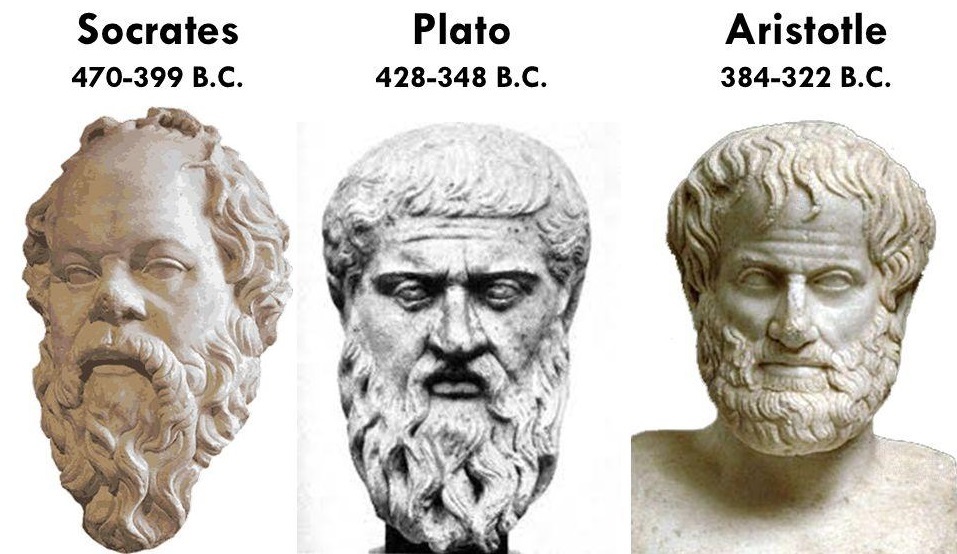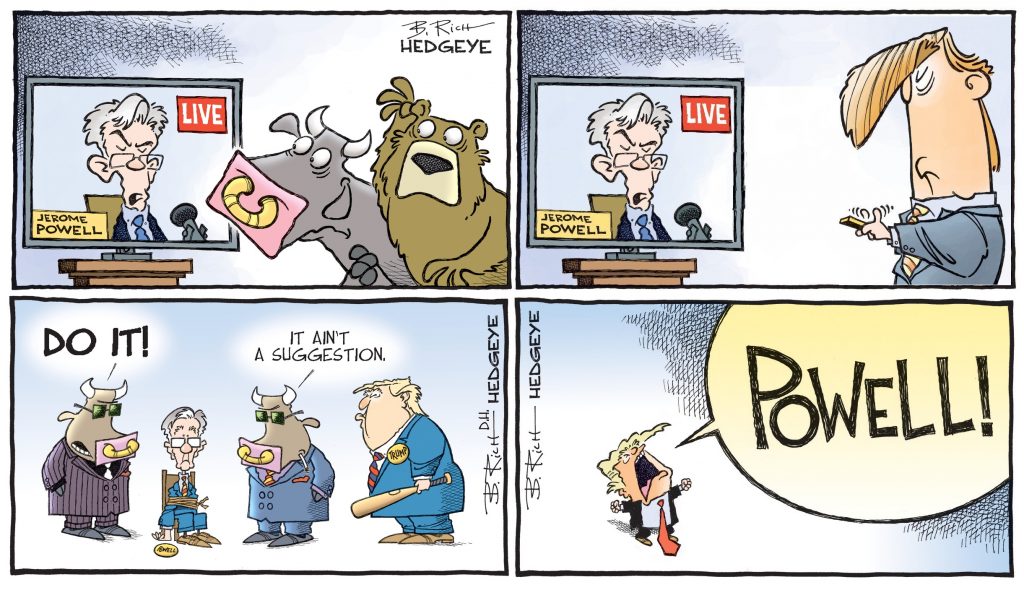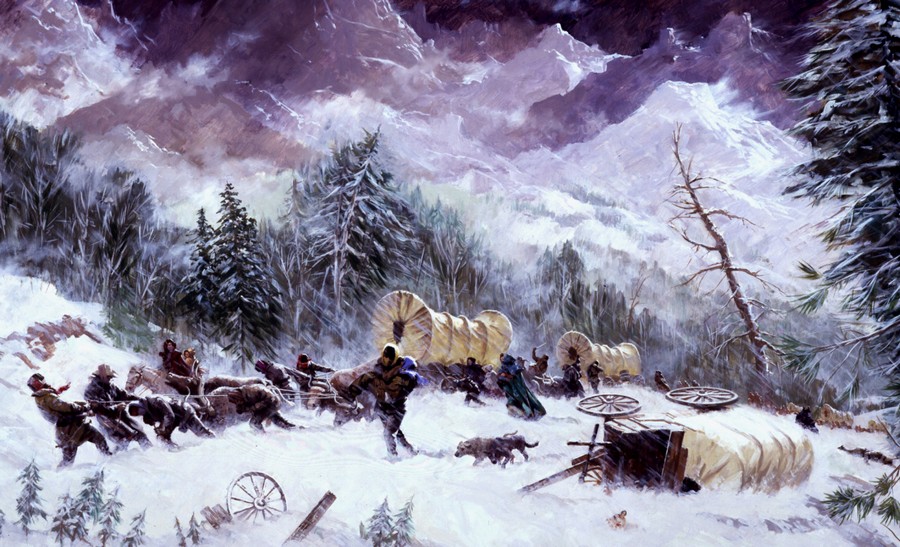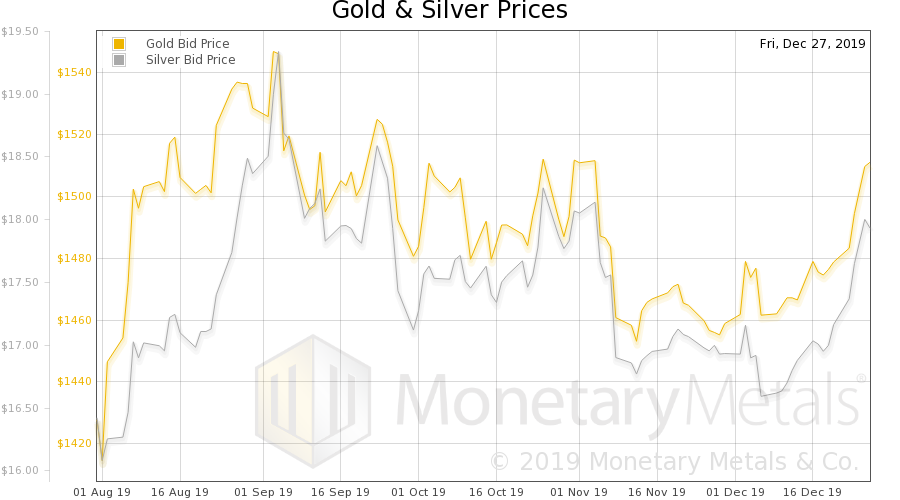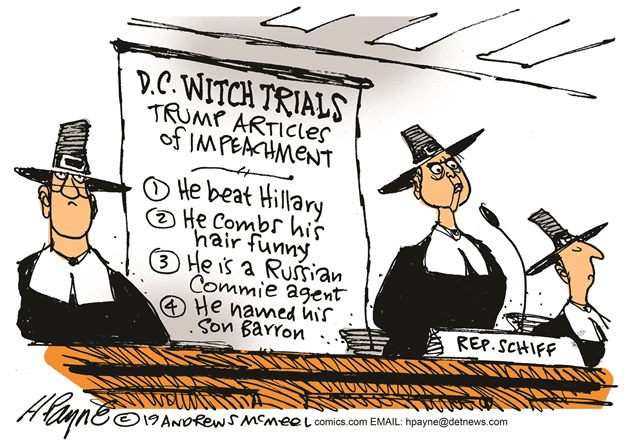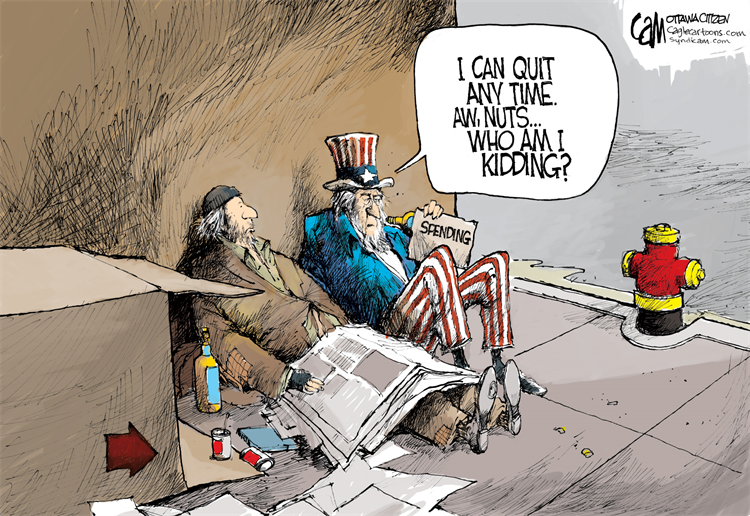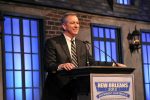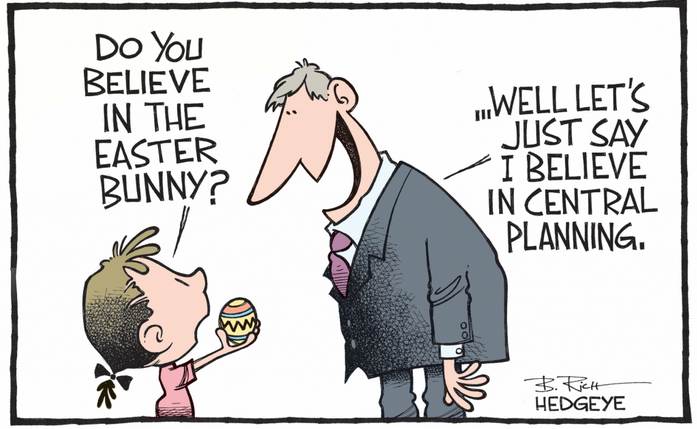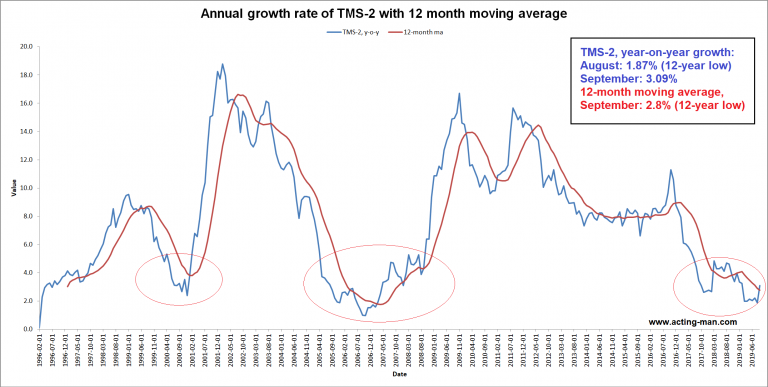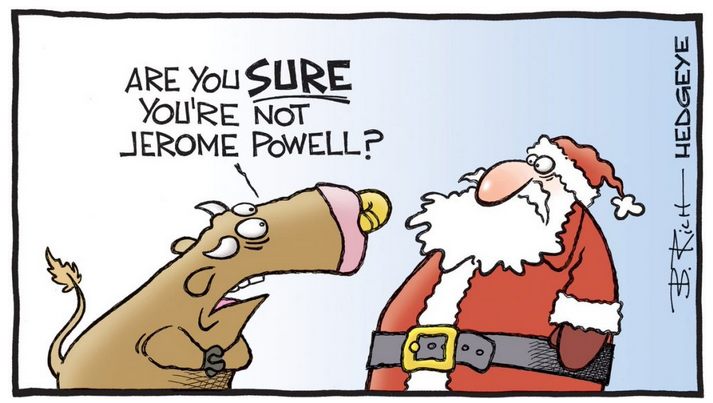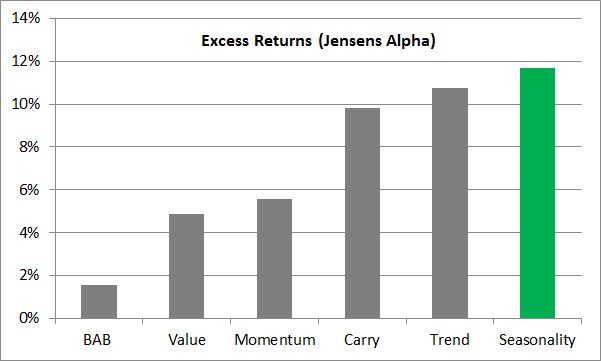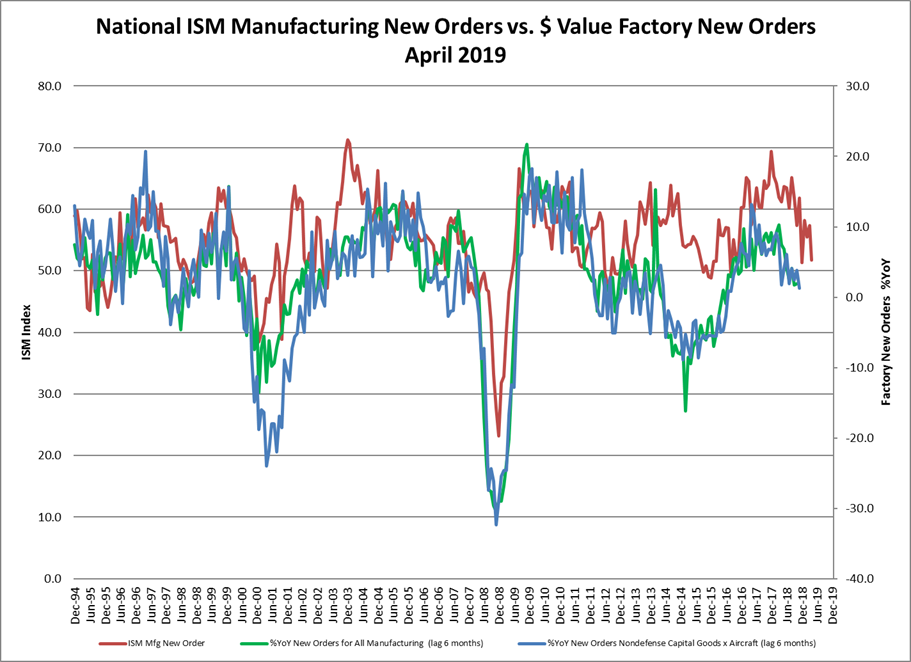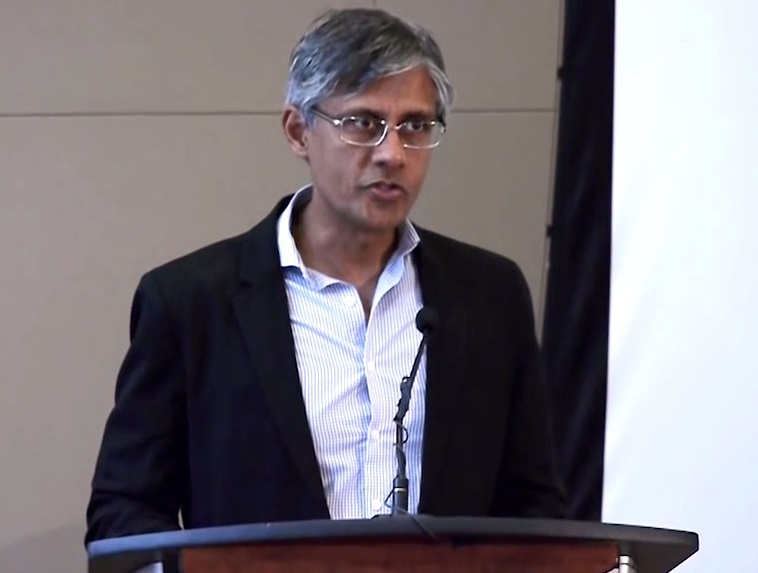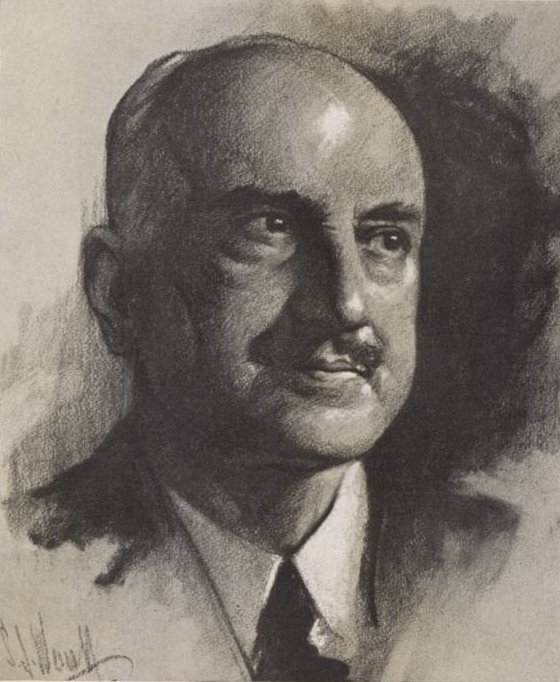Scratching the Surface
Problems, as people commonly perceive them, require solutions. Broken shoelaces must get fixed. Regrettably, in today’s democracy this means the candidate who offers the most fixes – in the form of goodies – to the most people wins the election.
|
The Gallup poll reported earlier this week that 18 percent of U.S. adults believe the “economy in general” is the most important problem facing the country. This was followed by 13 percent who believe “dissatisfaction with government” is the top problem. Rounding out the third highest response were the 9 percent that believe “unemployment and jobs” are of highest concern. As far as we can tell, these top three responses are one in the same. When the economy is growing, and there are plenty of well-paying jobs, the government gets a pass on its failures. But a sagging economy, and a dearth of jobs, brings out the torches and pitchforks. | 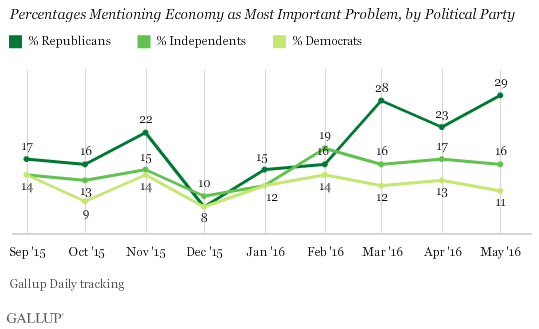
|
Scratching the surface a bit more, in search of clarity beneath, we consider whether the Gallup poll is providing the wrong response choices. In particular, how can the “economy in general” be a response to the question of what is the most important problem facing the country today?
The economy is a natural system of resource allocation, production, exchange and distribution, and institutions. Saying the economy is a problem is like saying the forest ecosystem is a problem.
Certainly, both an economy and a forest can be subject to a conflagration from time to time. But it is less a problem with the economy or the forest in general than it is with state intervention attempting to control a dynamic system as if it were a static system.
Turning Recessions into Great Depressions
One flaw policy makers have is that they are making decisions with incomplete information. Nonetheless, there’s really nothing they can do about it. For it is impossible for a state bureaucracy to have full knowledge of a complex system.
Even with all their studies, statistics, and graphs, the various inputs, interactions, and outputs are erratic and ever changing. An apparent cause and effect at one time can perform completely different at another. This, no doubt, ties policy makers in knots.
The effects of their solutions are not what they intend. They become befuddled and flummoxed. Seemingly rational decisions are undermined by interconnected systems that are not fully understood or appreciated. Plans and programs that appear to execute sound management strategies can have a multiplicity of unintended consequences.
|
Herbert Hoover and FDR – the “original interventionists” – by applying wage and price controls, spending like drunken sailors and regimenting every aspect of the economy, these two succeeded in transforming a run-of-the-mill downturn into a depression so profound it exercises the minds of scholars to this day. Naturally, our wise modern-day central planners have decided it would be a good thing to replicate their approach, if not in every detail, then at least in principle. |
Photo credit: Miller Center of Public Affairs |
For example, an instinctive management response to periods of forest fire severity is to increase fire suppression efforts. In the short term, this produces a positive response. It directly treats the immediate cause of the devastation and destruction.
However, this has proven to be a very dangerous and expensive long-term forest fire management solution. By snuffing out nature’s efforts to clear out the dead wood, fuel loads are exacerbated. This leads to greater and much more destructive fires than would have ever occurred if the initial fire suppression efforts had never taken place. It also balloons the fire suppression budgets needed to fight these mega forest fires.
Recessions, like forest fires, are a naturally occurring phenomenon. They are needed to clear out the bad debt – the dead wood – of the business cycle so that prices can equilibrate with the overall production, and distribution of goods and services.
Efforts to prevent this adjustment result in a lopsided economy and induce future economic disasters. In other words, government intervention succeeds at turning a series of recessions into a massive, decade long, great depression.
How to Maximize Economic Potential
Of course, selecting the most important problem facing the country today is a matter of opinion. Our point is that the “economy in general” is not a real choice. Somehow the Gallup poll – the gold standard of polling services – missed this point altogether.
As far as we can tell, the fundamental problem facing today’s economy is the barefaced contempt governments the world over have for the free exchange of goods and services and private stewardship of property.
What it is government’s think they are doing with their destructive fiscal and monetary policies is unclear. But what is crystal clear is the scrambled disorder modern day economic policies have wrought.

The fundamental problem facing today’s economy is the barefaced contempt governments the world over have for the free exchange of goods and services and private stewardship of property. What it is government’s think they are doing with their destructive fiscal and monetary policies is unclear. But what is crystal clear is the scrambled disorder modern day economic policies have wrought. - Click to enlarge
You can hardly enter into a transaction without a cluster of intervention mucking with the price of payment. Taxes, tariffs, approvals, wage laws, and subsidies. These all impact prices.
However, the main culprit affecting prices and trade are central bank interventions into money and credit markets. Relentless actions to control the economy by manipulating money and credit stand the price of everything else on end. They compel accumulation of massive levels of public and private debt and unfathomable trade imbalances.
Unlike today’s cast of B-rate characters, the classical economists understood and respected that the economy, as a field of study, is not a static system to be enhanced and improved upon. To the contrary, they appreciated that it is a natural and dynamic system that can flourish under the appropriate conditions.
Generally, these conditions include private property rights, a stable money upply, and minimal government interference including free trade, low taxes, and balanced budgets.
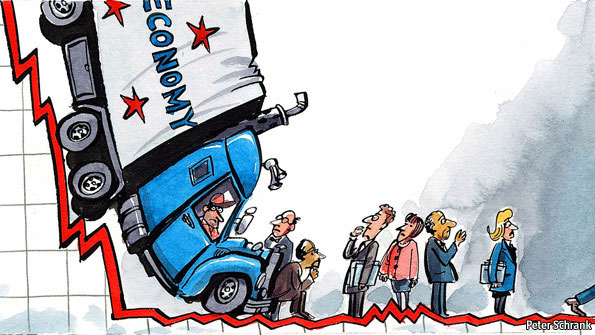
The fundamental problem facing today’s economy is the barefaced contempt governments the world over have for the free exchange of goods and services and private stewardship of property. What it is government’s think they are doing with their destructive fiscal and monetary policies is unclear. But what is crystal clear is the scrambled disorder modern day economic policies have wrought. - Click to enlarge
With this in mind, the efforts of economists should not be to attempt to improve the world with stimulus and policies of market intervention. Their efforts should be in influencing policies that minimize market hindrances. Only then can the economy and the people that comprise it – that’s all of us – have the freedom and opportunity to maximize our economic potential.
Like the Gallup poll, this distinction is lost on the current cast of presidential candidates. Ted Cruz may have had some slight inkling. But he seemed too much of a dirty fellow to get elected…so we’ll never know.
M N. Gordon is the editor and publisher of the Economic Prism.
Full story here Are you the author? Previous post See more for Next post
Tags: newslettersent,On Economy









